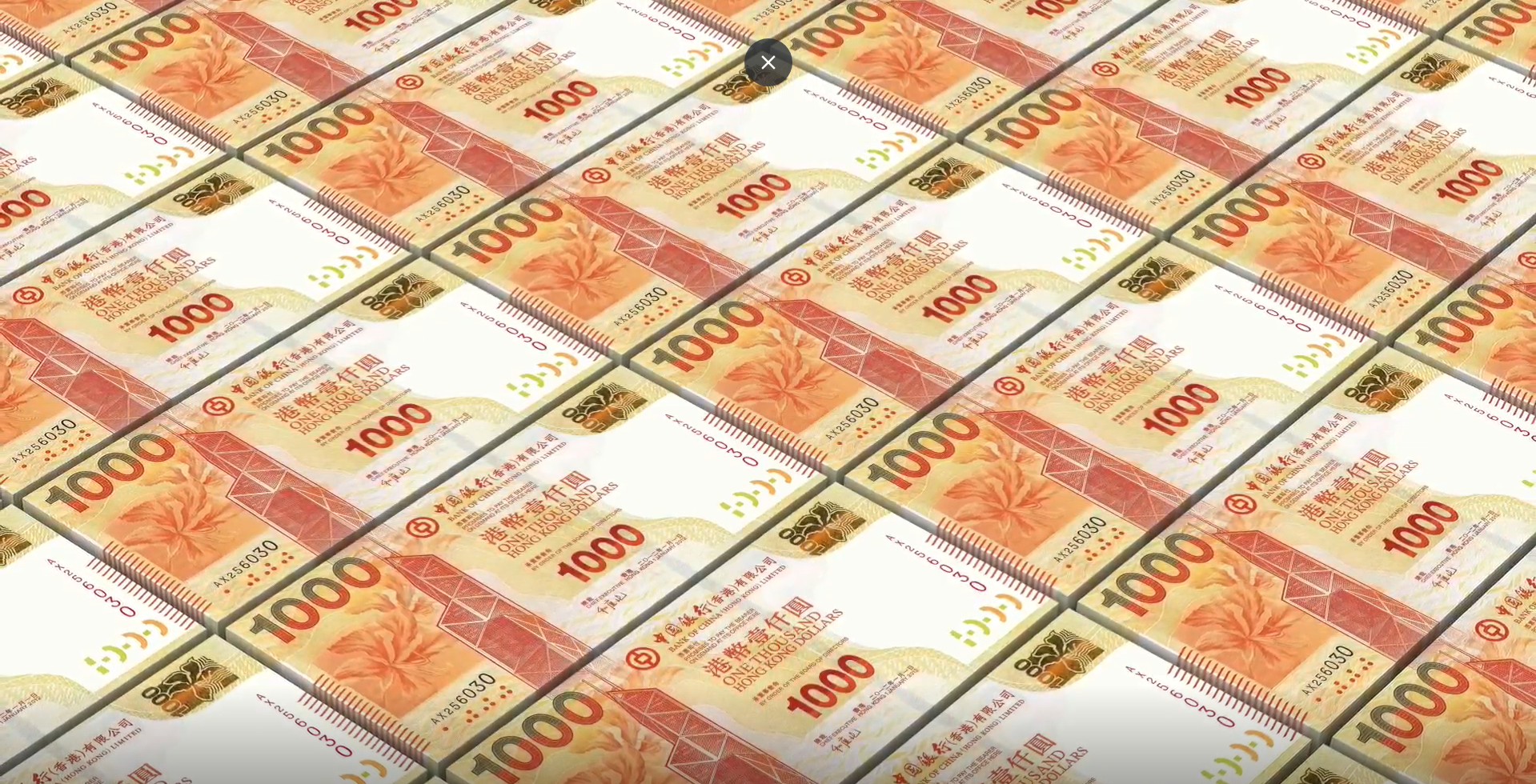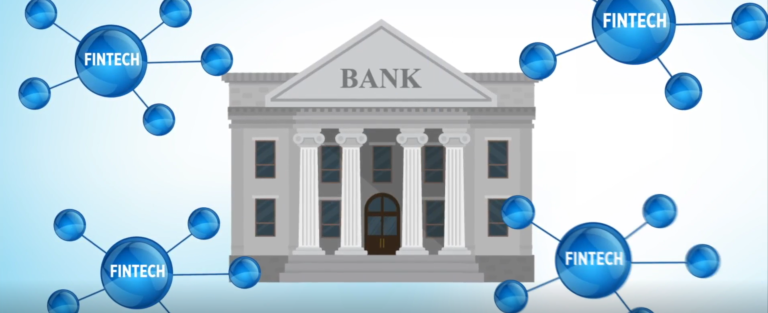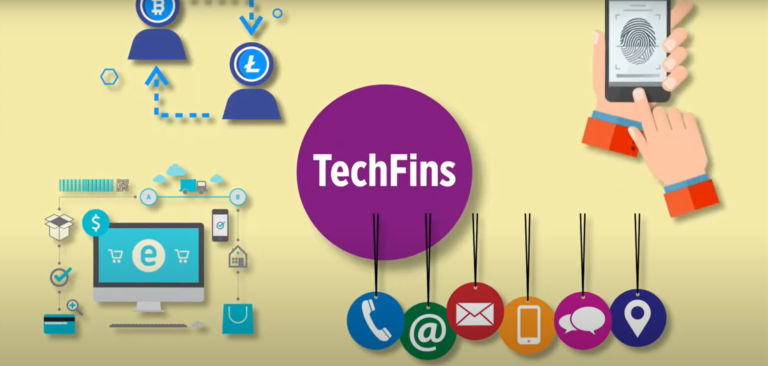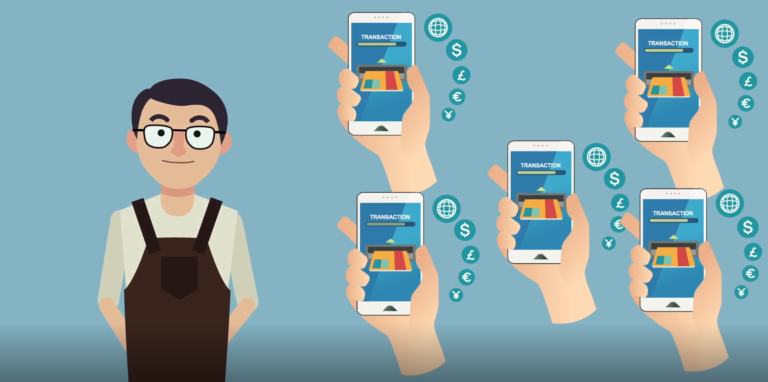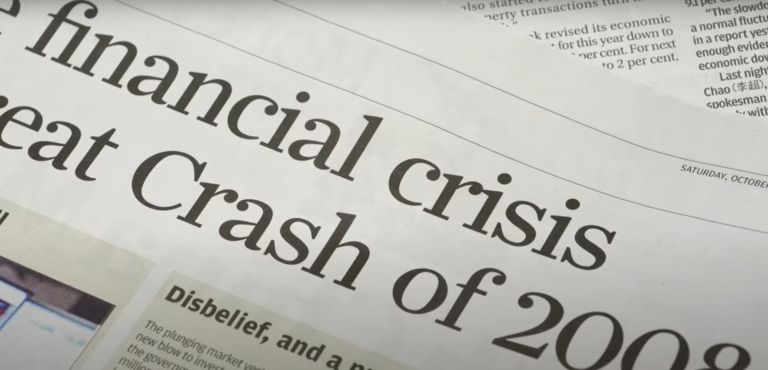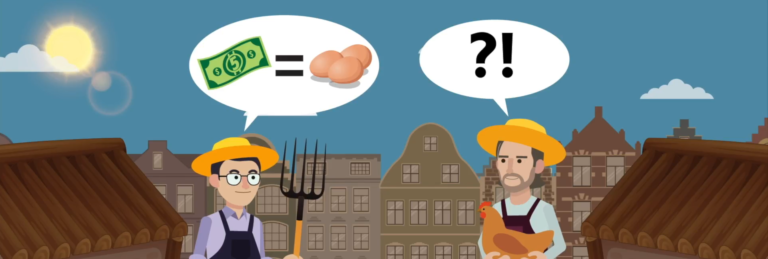Transcript
We already discussed control of currency quite a lot earlier in this chapter, so we won’t dwell on it for too long here. But it’s worth a reminder that for millennia governments have exclusively controlled their currency.
But as we’ve already noted, government control of currency in the traditional sense is loosening somewhat because of FinTech innovations. For example, governments usually don’t have control over crypto-currencies and have been frantically enacting legislation to help them control the use of these new products.
The reality is that physical currency has a lot of drawbacks. The use of physical currency is difficult. It can be heavy, it’s expensive at times to produce and it can even lead to increased crime. For example, in 2016 the Wall Street Journal showed that it cost about 1.15 cents to produce one penny. And nickels, which are worth five cents, cost seven cents to make. How crazy is that? And it’s not just a production cost. It is estimated that in the US alone over 60 million dollars worth of coins are lost out of circulation every year. Maybe some of that money is hidden in the cushions of your couch.
Now as an ironic twist, perhaps the best portrayal of the inefficiencies of physical money can be seen by the people who use it for the purpose of being inefficient. You may have come across stories about people who bring trucks or wheelbarrows full of coins to settle fines as a way to show their frustration or to punish the recipient of the payment, knowing that it will take them hours to count every single coin.
With some of these challenges in mind, perhaps there are some benefits in moving towards a more cashless society. In a similar vein, maybe our definition of money should evolve by removing currency from the exclusive control of national governments.
But will a cashless society block some people from the financial sector completely? As you may recall from the China street vendor example at the beginning of this module, since David Bishop didn’t have the WeChat payment app on my phone, he was unable to simply purchase breakfast. And recent stories have shown that some disadvantaged populations in China, especially some of the elderly in China, have been largely blocked from participating in their vast digital economy. And those that are kept away from these elements of the digital economy might even be further distanced when crypto-currencies begin to challenge fiat currencies around the world.
With these various developments, trends and changes occurring around the world today, what kind of world are we heading towards? Will governments largely retain control of currencies or will blockchain and cryptocurrencies not backed by the government one day become the new norm? What unintended consequences may arise from the push towards a completely digital financial landscape?

